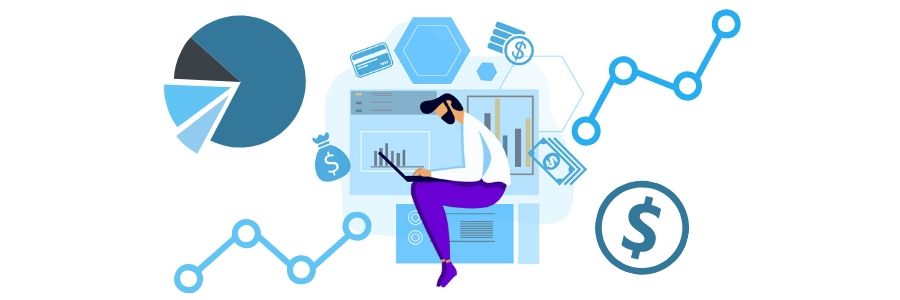Financial planning for small business owners is a crucial part of any business. It acts as a road map, a reminder of what you want to achieve, and a guide for dealing with potential costs. Without a financial plan, creditors, bankers, and investors will be reluctant to invest or work with you.
Is a financial advisor necessary?
Whether your business is big or small, a financial advisor can help you reach your business goals and objectives. They can help you devise a strategy and plan, as well as implement tactical elements to make your business successful. It’s not necessary to hire a financial advisor for every business, but if you want to maximize your profits, manage risk, and plan for the future, you should.
While starting a business can be a difficult and costly endeavor, you can’t afford to take chances. It’s important to start early and plan for the future, and a financial advisor can help you stay accountable for making important financial decisions. However, many small business owners fail to consult with a financial advisor. According to a recent U.S. Chamber of Commerce study, only one out of five small businesses sell successfully. A financial advisor can help you make sound decisions that can ensure your business’ financial future for years to come.
Cash flow
One of the most important aspects of financial planning for small businesses is cash flow. The best way to increase the cash flow is to increase sales. Another way is to reduce operational costs. Creating a detailed budget is also essential. By doing this, you can cut unnecessary expenses and maintain a healthy cash flow. If you do not have enough cash to pay all your bills, you can consider applying for a loan or line of credit.
A healthy small business needs a healthy cash flow to stay afloat. A business with poor cash flow can quickly fail. A savvy investor will scrutinize a company’s financial statements and cash flow to determine if it can maintain its financial health. Detailed cash flow analysis is a key element in business financial planning and should be conducted regularly.
Investments
In small business financial planning, investing in small businesses can be a smart way to build a portfolio. However, small business investments carry a higher personal risk than traditional investments. If you own a small business, you assume personal responsibility for the direction of the company. Additionally, you are taking a personal risk by investing in a family business. If the business is in the family, you run the risk of a strained relationship.
As most small businesses are self-financed, the owners typically take the risk of putting a great deal of money into it. This may make them hesitant to invest in other assets, and they may even prefer to put the money right back into the business. However, prudent financial planning requires diversification in both the business and personal portfolio. The personal portfolio must contain a mix of asset classes that can balance the concentrated risks of the business.
Personnel plan
When it comes to small business financial planning, one of the most important things to consider is the personnel plan. Your people are the most important resource that your company has and hiring the right person can have a major impact on your goals and cash flow. It’s important to consider your human resources strategically and think about whether you want to hire full-time or on a contract basis.
To build a personnel plan, use a tool like LivePlan to create a detailed forecast of your employees and their salaries. Then, you can include their salaries in your profit & loss statement. In addition, you should track the amount of salary owed to your team members. This format isn’t required for sole proprietors, but it will be helpful when hiring your team members.












